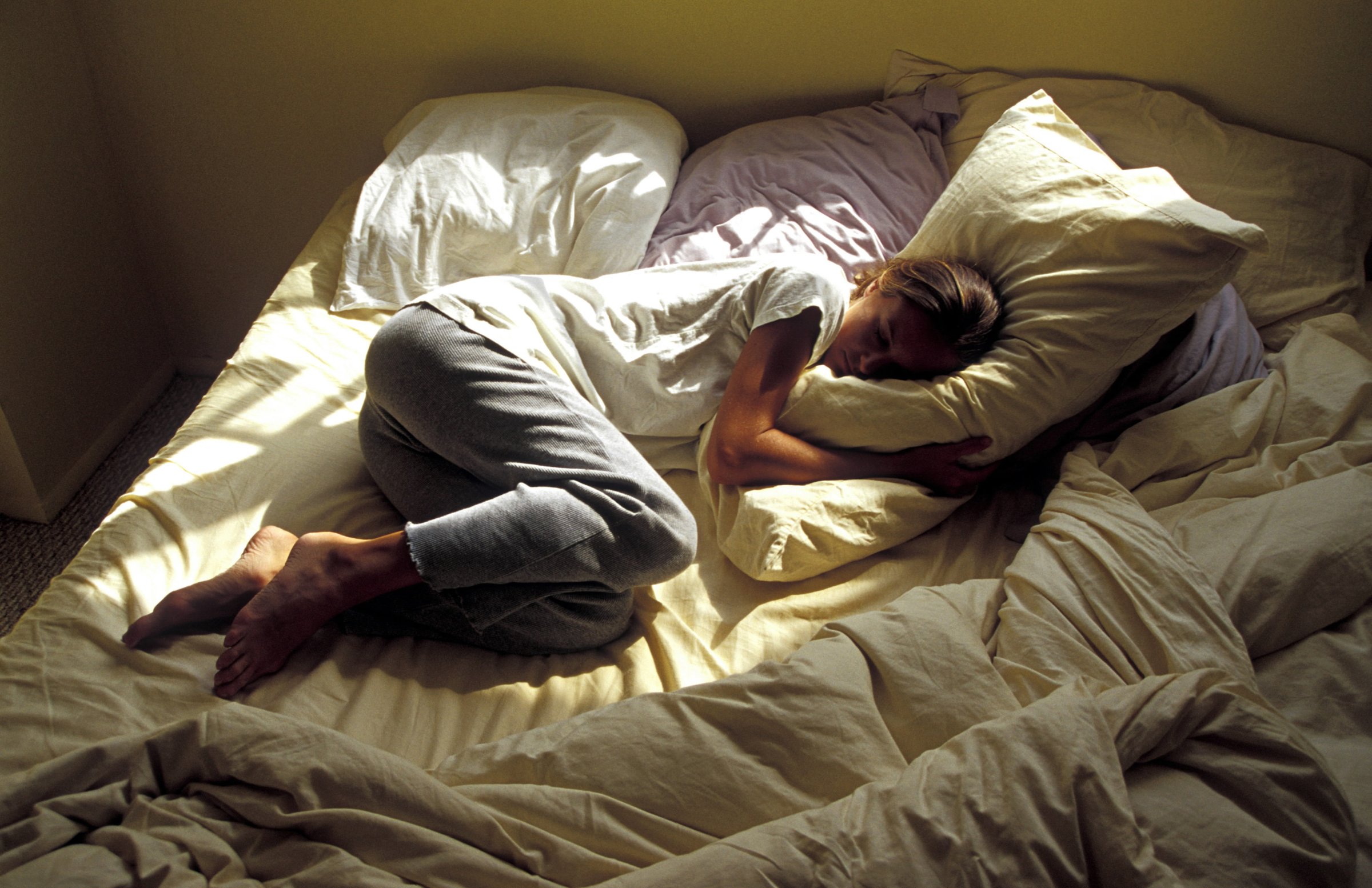
The summer break from school offers kids a break from the daily grind of classes—and a chance to catch up on rest.
As any parent knows, a tired kid is a moody kid. But kids who don’t have good sleep habits long term can face a host of other problems, according to Jodi Mindell, professor of psychology at St. Joseph’s University and author of Take Charge of Your Child’s Sleep.
“There’s no question that there’s a link between not getting enough sleep and symptoms of depression,” Mindell says. And, she says, lack of sleep also hurts kids’ cognitive abilities, “everything you need to do well in school: memory, attention, and decision making.” Not only that, but poor sleep is also linked with everything from obesity to pedestrian safety.
The good news is that the summer break can be a good time for families to reset their sleep, forming healthy patterns that will carry them through the new school year.
With elementary age kids, Mindell says, parents need to start early forming good sleep habits. Overscheduling, she says, is a major threat to good sleep, and parents should think twice before scheduling young kids into evening activities. Electronics, especially the blue light from screens, have been proven to interrupt the brain’s natural sleep chemistry, so “the family rule should be all electronics out of the bedroom,” according to Mindel. Parents can lead by example, by keeping their own electronics on the kitchen counter overnight, because “kids do what parents do, not what they say,” as Mindell points out.
Middle school kids, says Mindell, are in the midst of an internal time clock shift that comes with puberty, so they’ll be more prone to stay up later —but still in need of good rest. At this age, Mindell says, parents can start having conversations about the fact that sleep isn’t dispensible—in fact, it’s a basic health need, “just like you need to eat your vegetables.” One proven tool at this age, according to Mindell: “we know that with adolescents, where parents set bedtimes, they get more sleep. So parents need to stay involved.”
The average high school kid, Mindell says, almost never gets enough sleep. “They’re getting about seven hours a night,” she says. “They need eight and a half to nine and half. And it gets worse as high school goes on.” With pressure to succeed, and fear of missing out, kids may not feel like they have any other options. So Mindell suggests parents give them a sleep challenge: “not from now on to forever, but for one week.” The challenge: “go to bed by 10p.m., and let’s see how you feel.” In her experience, kids feel so much better rested that the conversation can then begin to shift—to how to make sure they get enough sleep all year round.
More Must-Reads From TIME
- The 100 Most Influential People of 2024
- The Revolution of Yulia Navalnaya
- 6 Compliments That Land Every Time
- What's the Deal With the Bitcoin Halving?
- If You're Dating Right Now , You're Brave: Column
- The AI That Could Heal a Divided Internet
- Fallout Is a Brilliant Model for the Future of Video Game Adaptations
- Want Weekly Recs on What to Watch, Read, and More? Sign Up for Worth Your Time
Contact us at letters@time.com